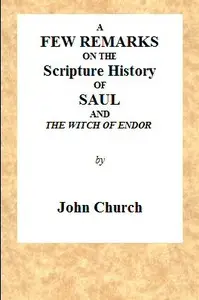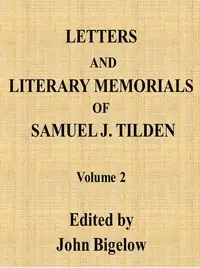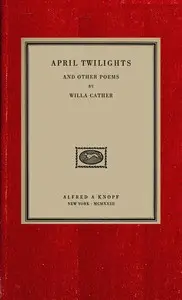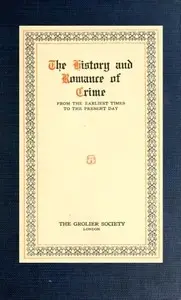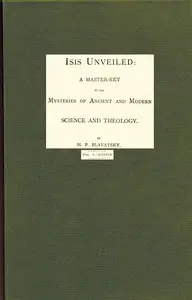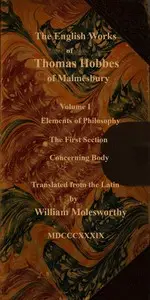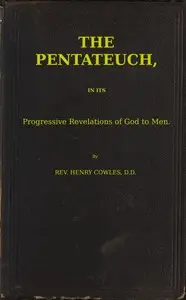"The Morning of Spiritual Youth Improved, in the Prospect of Old Age and Its..." by J. Church is a theological treatise written in the early 19th century. The book consists of a series of letters that explore themes of Christian faith, the experience of salvation, and the importance of remembering one's creator in youth as a preparation for the challenges of old age. It offers spiritual insights grounded in the writings of Ecclesiastes, aiming to encourage readers toward deeper understanding and faith. The opening of the book presents a heartfelt letter addressed to a friend named Amicus, in which the author shares reflections on the nature of salvation and the trials faced in the Christian journey. Church discusses the deep lessons learned through personal suffering, emphasizing the joint work of the Trinity in salvation and the significance of maintaining communion with God. He notes the inevitability of struggles in life, particularly as one ages, and offers reassurances based on Scripture that God will be a constant presence through difficulties. The tone is reflective and pastoral, intending to comfort and guide believers through their spiritual challenges. (This is an automatically generated summary.)
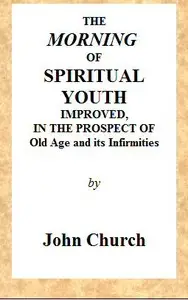
The Morning of Spiritual Youth Improved, in the Prospect of Old Age and Its Infirmities Being a Literal and Spiritual Paraphrase on the Twelfth Chapter of Ecclesiastes. In a Series of Letters.
By J. (John) Church
"The Morning of Spiritual Youth Improved, in the Prospect of Old Age and Its..." by J. Church is a theological treatise written in the early 19th cent...
Genres
Released
2018-10-02
Formats
epub (images)
mobi
epub
mobi (images)
epub3 (images)
Free Download
Overview
About the Author
John Church was an Independent minister who was most famous for his involvement in the homosexual scandal of the Vere Street Coterie. He is claimed by some as the first openly ‘gay’ ordained Christian minister in England. Contemporary rumours about this are unproveable one way or the other, though circumstantial evidence may suggest that his "inordinate affections which led me into error" could be referring to homosexuality.
Total Reviews
10.0k
Total reviews from Goodreads may change

